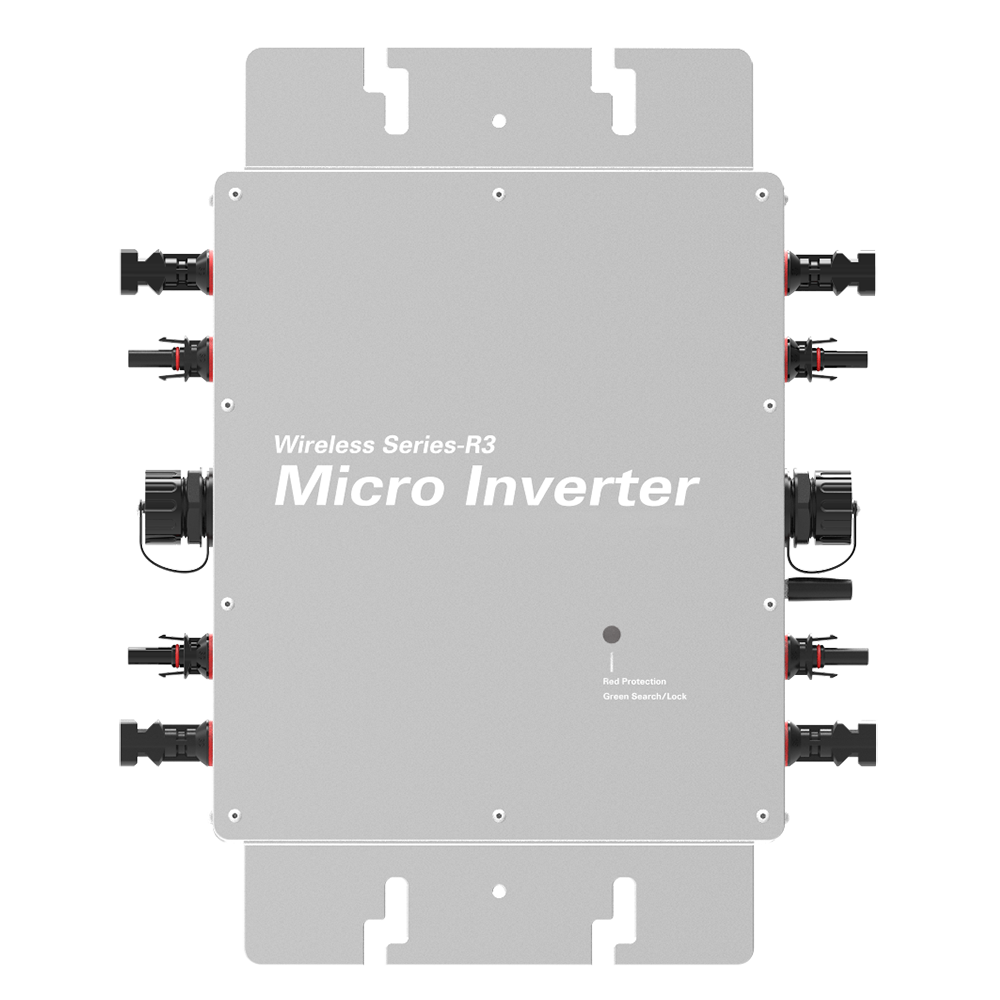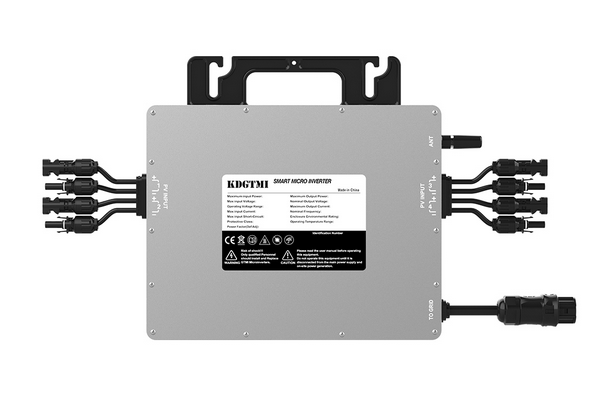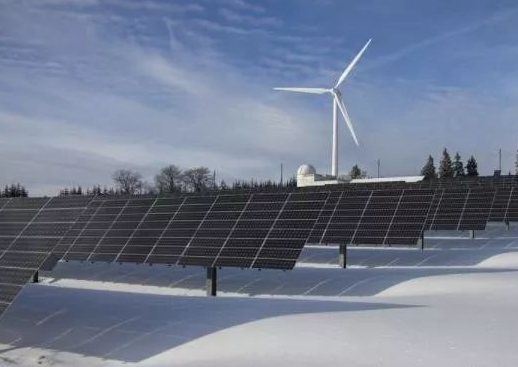Grid-tied micro solar inverters are small-scale devices that convert direct current (DC) electricity generated by solar panels into alternating current (AC) electricity that can be used in homes or fed back into the electrical grid. These inverters play a crucial role in solar PV systems, as they optimize power output and ensure the electricity generated by the panels is compatible with household appliances or grid distribution.
One of the main benefits of grid-tied micro solar inverters is that they offer individualized power optimization for each solar panel in a system. Unlike traditional string inverters, which connect multiple panels in a series, micro inverters are installed directly on each panel, allowing for maximum energy production. This means that if one panel is shaded or underperforming, it does not affect the output of the entire system, as each panel operates independently.
Another advantage of micro inverters is enhanced safety and reliability. By operating at a lower DC voltage, micro inverters reduce the risk of electrical shocks and fires, making them a safer option for residential and commercial installations. Additionally, because they are installed on individual panels, any maintenance or repairs can be carried out on a single component without disrupting the entire system.
Grid-tied micro solar inverters also offer greater flexibility in system design and expansion. With micro inverters, additional panels can easily be added to an existing system without requiring extensive modifications or replacements. This scalability makes it easy for homeowners to gradually expand their solar energy production and adapt to changing energy needs.
In terms of efficiency, micro inverters are known for their higher energy yields compared to string inverters, especially in systems with complex shading conditions or multiple orientations. By optimizing the power output of each panel, micro inverters can significantly increase overall electricity production, leading to greater energy savings and quicker payback periods.
Additionally, grid-tied micro solar inverters typically come with monitoring capabilities that allow users to track their system's performance in real-time. This data can help identify any issues or inefficiencies in the system, enabling timely maintenance and maximizing energy production. Some inverters also offer advanced features such as remote monitoring and smart energy management, providing users with greater control over their solar system.
In conclusion, grid-tied micro solar inverters are essential components of modern solar PV systems, offering numerous benefits in terms of efficiency, safety, reliability, and flexibility. With their ability to optimize power output, enhance energy yields, and provide monitoring capabilities, micro inverters are proving to be a valuable investment for homeowners and businesses looking to harness the power of solar energy.



